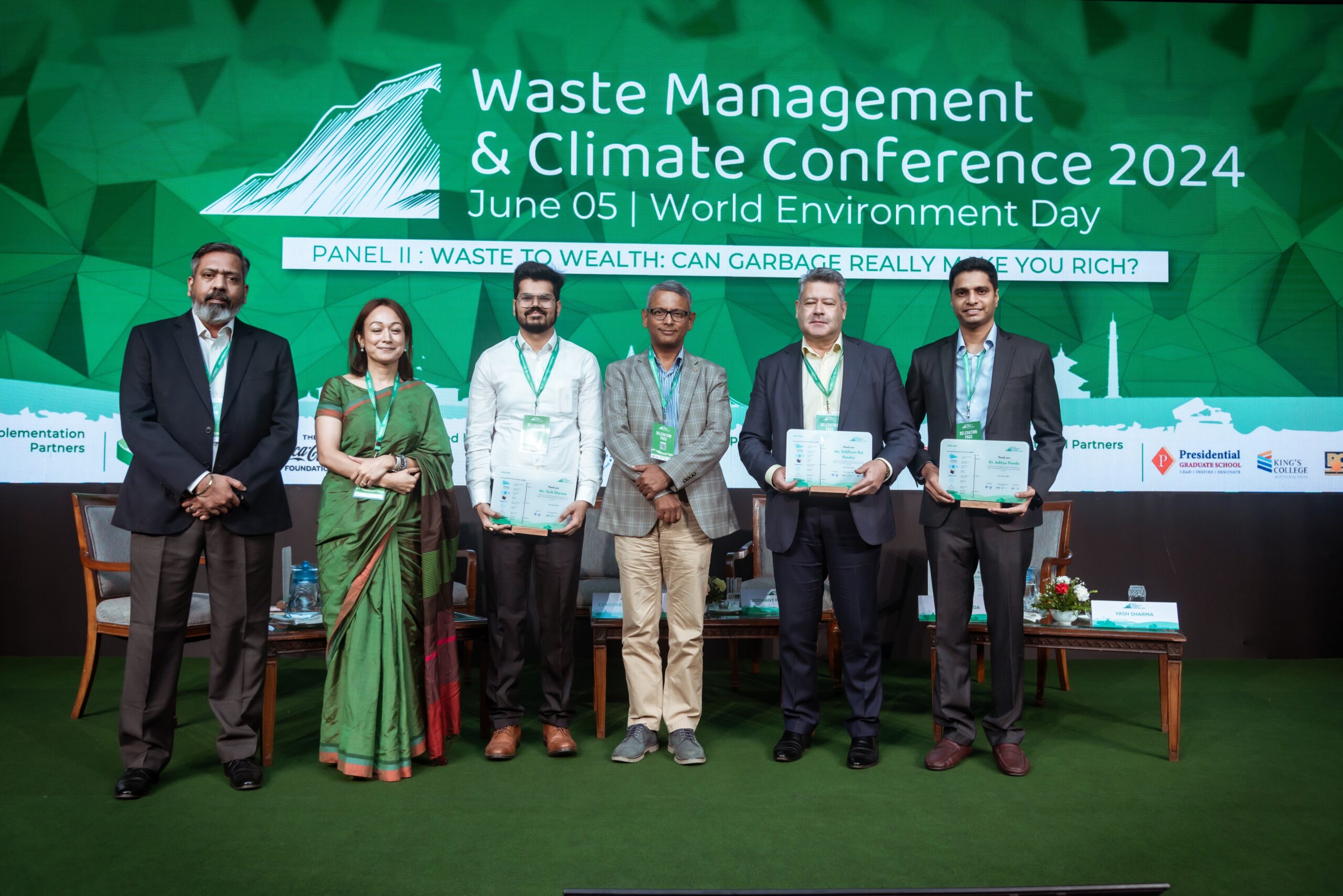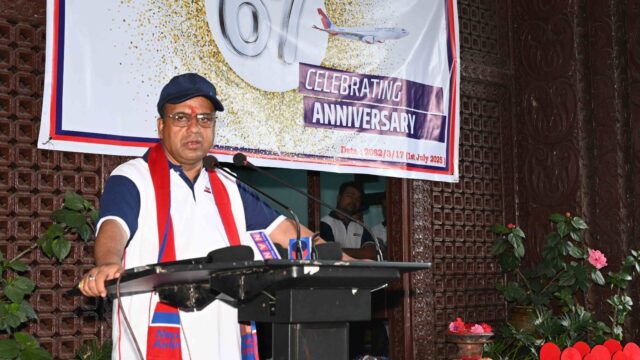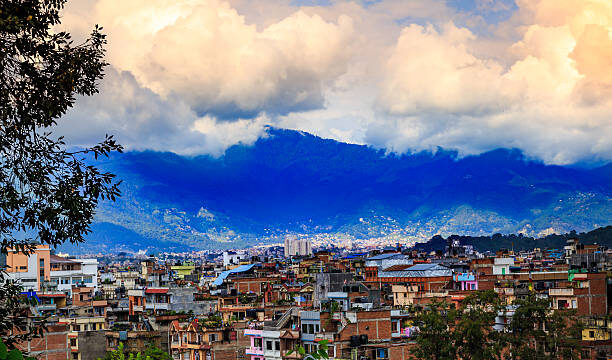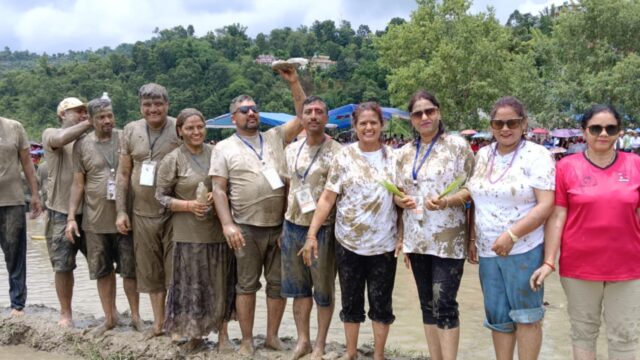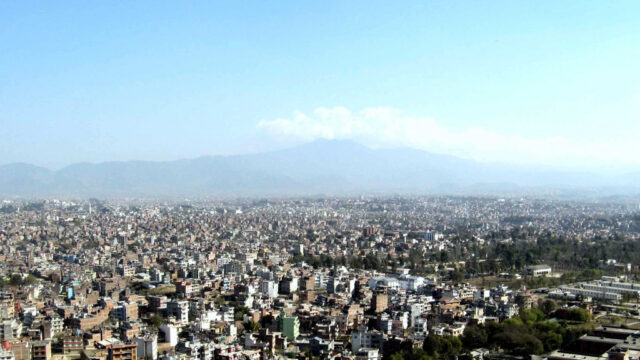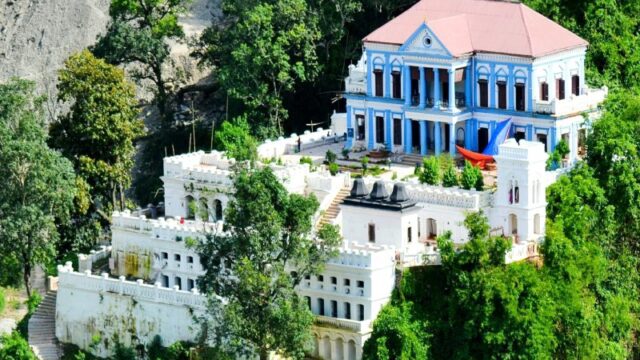Nepal marked World Environment Day with its pioneering Waste Management & Climate Conference (WMCC) hosted at Hotel Soaltee, organized jointly by the Confederation of Nepalese Industries (CNI), The Coca-Cola Foundation, National Human Rights Commission (NHRC), Khaalisisi, Women for Human Rights (WHR), and CNIYEF. This landmark event convened key stakeholders to confront Nepal’s critical challenges in waste management and climate action.
The WMCC gathered government officials, industry leaders, environmental experts, and community advocates in a united effort to address pressing issues related to waste management, climate change, and environmental sustainability. The conference opened with a tree-planting ceremony, symbolizing its dedication to sustainability, and featured inaugural remarks, a keynote address, and the launch of the “ABC for Climate” book. Hon’ble Nawal Kishor Sah Sudi, Minister of Environment and Forest, outlined the ministry’s initiatives to combat climate change during the closing session.
Carlos Pagoaga, President of The Coca-Cola Foundation, described the WMCC as a pivotal event for Nepal, underscoring a shared commitment to forging sustainable solutions amidst environmental challenges.
Central to the conference was the Mayor’s Forum, facilitating constructive dialogues between local government officials and industry leaders on effective municipal waste management strategies. Mayors and deputy-mayors from Lalitpur, Dhangadi, Dhankuta, Budhanilkantha, and Chandragiri participated actively, moderated by Dil Bhusan Pathak, host of TOUGH Talk.
The WMCC explored innovative solutions to convert waste into valuable resources, advocating for a circular economy. Discussions covered critical topics such as carbon emissions, plastic pollution, air quality in Kathmandu, and the impact of climate change on the Himalayas, including Mount Everest. Presentations showcased groundbreaking waste management strategies from GIZ and Nepal’s steadfast commitments to the Paris Agreement.
Kabita Pandey, President of Women for Human Rights (WHR), emphasized the conference’s role in empowering communities, particularly women, to engage actively in climate action, fostering meaningful change.
Remarks by Hon’ble House of Representatives members Sobita Gautam, Toshima Karki, and Uday Rana underscored the urgent need for collaborative efforts to address environmental challenges, highlighting the potential of unified action to promote sustainable solutions.
Nearly 1,000 delegates from 600 organizations across 33 districts and 5 countries participated in the WMCC, demonstrating widespread interest and dedication to advancing waste management and climate resilience initiatives in Nepal.
The conference served as a national platform, uniting government officials, parliamentarians, diplomats, and industry experts in fostering collaboration and policy dialogue to advance Nepal’s waste management and climate agenda. The event concluded with firm commitments from diverse stakeholders, outlining a clear path forward for collective actions.
The WMCC’s collaborative efforts and innovative solutions aim to significantly enhance Nepal’s waste management and environmental policies, ensuring a sustainable and resilient future amid the country’s growing focus on tourism and environmental stewardship.
